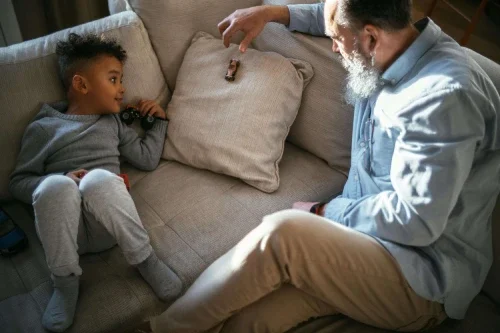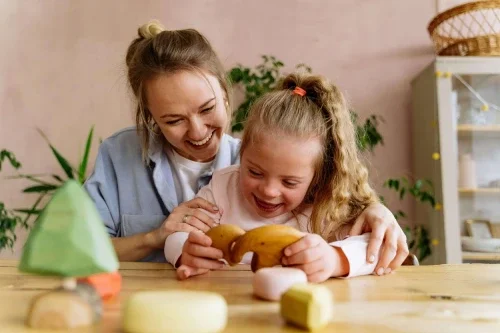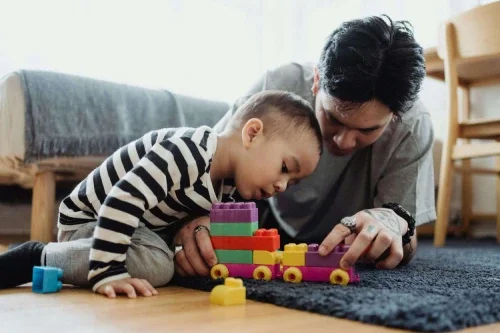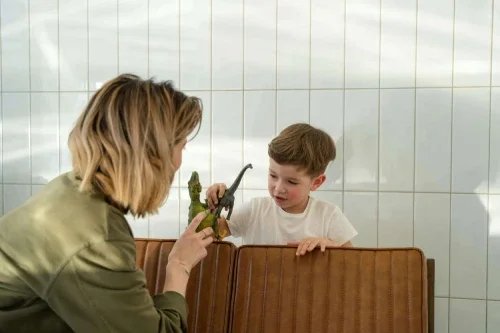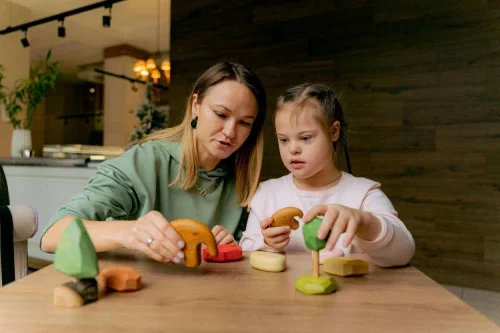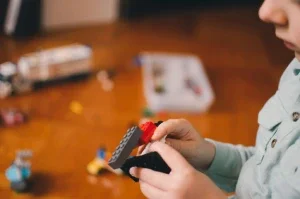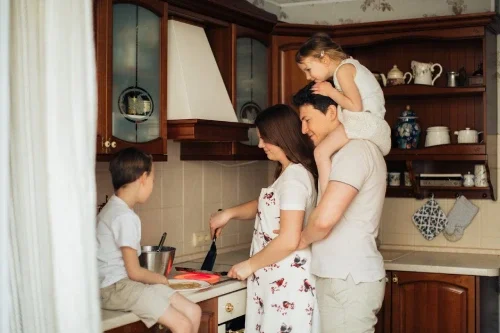
Blog
How to Manage OCD Triggers and Stress During the Holiday Season
OCD triggers and the resulting stress can make navigating the holiday season uniquely challenging. Between family gatherings, disrupted routines, and increased social obligations, the holidays might escalate intrusive thoughts or compulsive behaviors.
Unwrapping Holiday Stress: Understanding the Causes of Seasonal Anxiety
Many consider the holiday season to be a joyful time of year. However, if you find yourself feeling anxious, overwhelmed, or emotionally exhausted during this time of year, you're not alone.
Understanding Separation Anxiety: From Childhood to Adulthood
Separation anxiety involves intense fear or worry about being apart from someone you're deeply connected to. For young children, this is often a parent or primary caregiver.
What an Anxiety Attack Feels Like—and What to Do When It Happens
Between managing work, family responsibilities, and the unpredictability of life, it can feel like we're constantly on edge. When all that worry reaches a tipping point, you might experience what's often called an "anxiety attack."
Physical and Mental Signs of Anxiety: What It Feels Like to Live With It
Typical anxious feelings are temporary. They're connected to specific situations and fade once the stressful event passes. With an anxiety condition, the anxiety is persistent. It often isn't tied to an obvious trigger and makes everyday tasks feel overwhelming.
Understanding Anxiety: What It Is, Why It Happens, and How to Cope
Anxiety is your body's natural response to stress or perceived danger. It's that flutter in your chest, the racing thoughts, the sense that something isn't quite right.
Directive vs. Non-Directive Play Therapy: What's the Difference?
While verbal processing comes naturally to most adults, children often express their deepest concerns, fears, and experiences through the universal language of play.
How to Pick the Best Therapeutic Options for Your Anxious Child
Traditional talk therapy and play therapy both aim to help children work through anxiety, but they take very different paths to get there. Think of it this way: if anxiety is a locked door, talk therapy uses conversation as the key, while play therapy uses toys, games, and creative expression to unlock that same door.
A Look at the Different Tools in Play Therapy and Why They Work
If you've ever watched a child completely absorbed in play, you've witnessed something magical. In that moment, they're not just having fun, they're processing their world, working through emotions, and making sense of their experiences.
Understanding the Role of Play Therapy in Supporting Children's Recovery
When children experience overwhelming situations, whether it's trauma, extended hospital stays, medical procedures, or abuse, they often lack the words to express the complex emotions swirling inside them.
Play Therapy vs. Traditional Talk Therapy
Choosing the right type of therapy for your child can feel overwhelming, especially when you're faced with different approaches. As a parent, you want to make sure you're picking a method that will truly help your child's emotional and psychological well-being.
How Play Therapy Works: The Science Behind the Fun
Play isn't just fun and games for kids; it's a crucial emotional outlet. Through play, children can be creative, adapt to changes, solve problems, and connect with others.
The Power of Play: How Play Therapy Can Help Heal Children
Children often lack the vocabulary and abstract reasoning skills needed to express complex emotions verbally. Instead, they communicate through play, which is their natural language.
What Is Play Therapy?
Play therapy is a psychotherapeutic approach designed primarily for children aged 2 to 13, enabling them to explore their world and convey emotions through play.
Understanding the Importance of Effective Communication for Your Relationship
Without effective communication, relationships may falter, never reaching their full potential. Communication forms the backbone of a long-lasting, fulfilling relationship.
6 Signs You Need Better Boundaries
It's often said that good fences make good neighbors, and the same wisdom applies to healthy relationships, both with others and with yourself. In personal well-being, these "fences" are known as boundaries: the invisible lines that define where you end and another person begins.
How to Learn from past Relationship Mistakes to Have Healthier Relationships in the Future
People often say we study history to avoid repeating past mistakes. The same logic applies to our personal lives, particularly in the realm of relationships.
The Importance of Showing Up for Yourself in Your Relationship
In any healthy relationship, nurturing yourself is as important as fostering your connection with your partner. Showing up for yourself means honoring your unique needs, values, and boundaries, ensuring you remain a whole, authentic person within the partnership.
How to Prevent the Enmeshment Cycle
Enmeshment describes a relationship dynamic in which boundaries become blurred and people become overly reliant on each other. Often seen in families, this lack of clear separation can lead to a diminished sense of self, stifled independence, and sometimes even chronic anxiety or resentment.
The Necessity of Consistent Parenting for Child Development
Parenting is a journey filled with challenges, growth, and learning for both the parent and the child. Every family's path is different, but there is one crucial component for healthy development: consistency.








